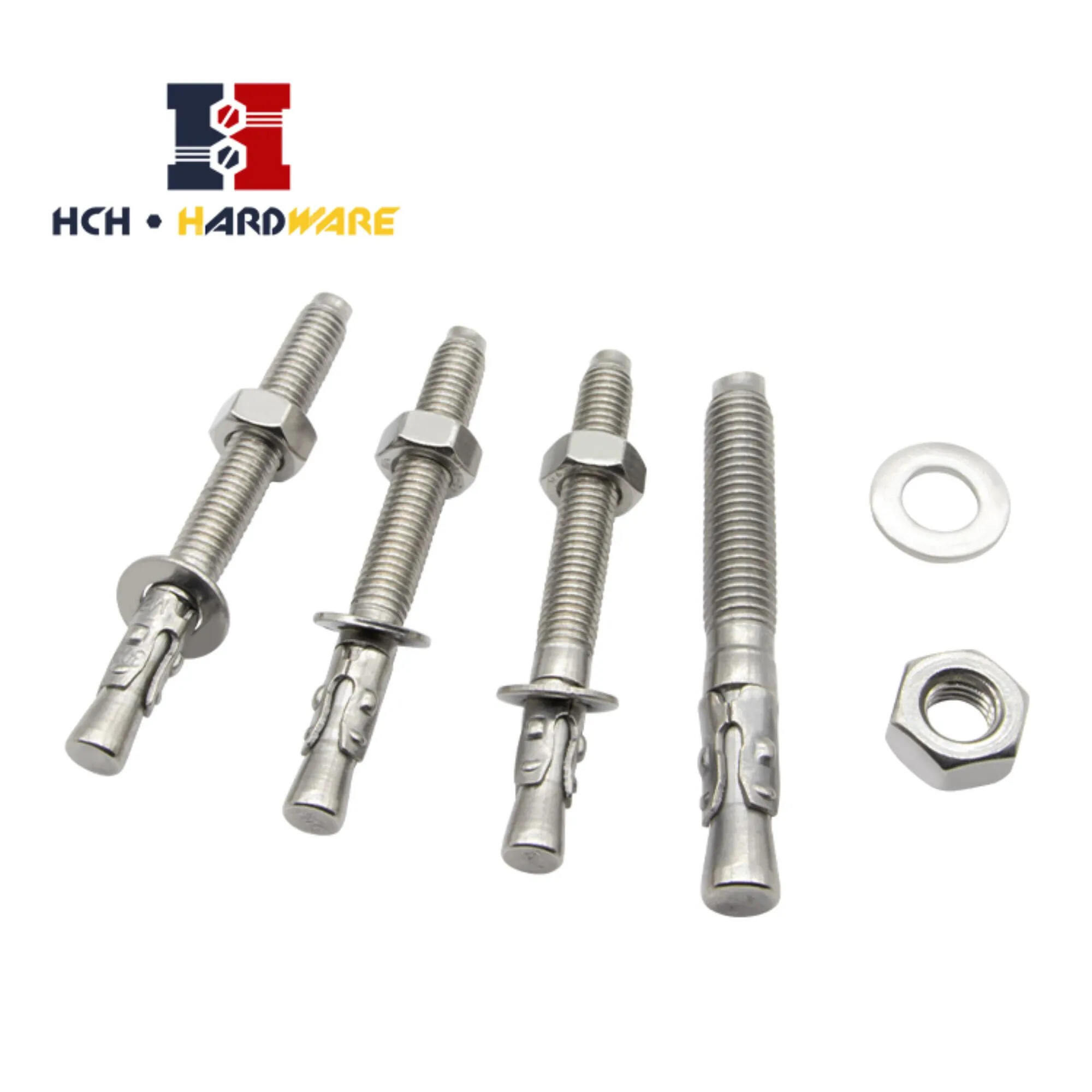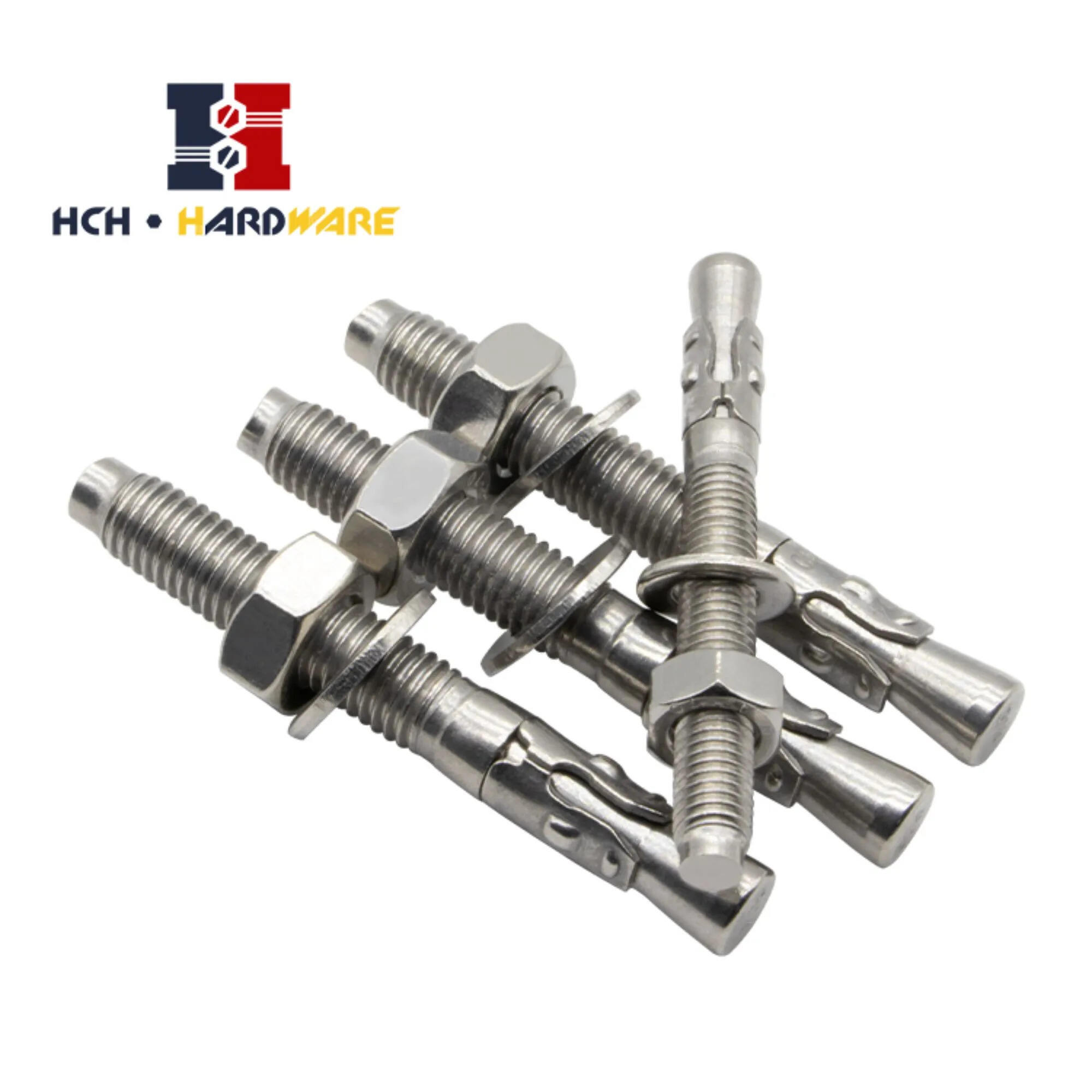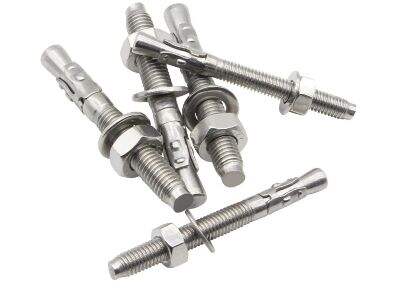Fastener Standards and Specifications: Everything You Need to Know
Fasteners could be a crucial part of daily lives. From the HCH screws which hold our furniture together towards the bolts that keep our cars operating, we count on fasteners to keep issues stable and protected. Although perhaps you have stopped to wonder how fasteners is made, and just what standards and specifications they need to satisfy become considered dependable and safer? We are going to explain the industry standards and specifications regulating fastener production and use, along with their advantages, innovation, safety, service, quality, and application.
What are Fastener Standards and Specifications?
Fastener standards and specifications are industry-wide guidelines that ensure fasteners is created and produced to meet up minimum quality. They protect sets through the thread bolts materials accustomed bring about the fasteners as of their size, shape, strength, corrosion resistance, and other fundamental faculties.

The Advantages of Fastener Standards and Specifications
The advantages of fastener standards and specifications are wide ranging. First and most important, they concur that fasteners are safe to use. These standards and specifications help prevent fastener failures, that causes serious injuries and accidents by establishing minimal requirements for strength, durability, and more performance traits.
Secondly, fastener standards and specifications make it easier to compare various kinds of fasteners. It is possible to effortlessly compare it with other fasteners which fulfill the very same criteria once you understand that a fastener specific requirement, such being a particular strength score or corrosion resistance degree. This will make it simpler to find the right fastener for a provided application, whether you are a DIY enthusiast or a professional engineer.
Thirdly, fastener standards and specifications drive innovation in to the fastener industry. These guidelines encourage providers to get new stainless steel u bolts materials and manufacturing processes that will improve fastener performance and keep costs down by developing minimal requirements for performance and quality.
Innovation in Fastener Standards and Specifications
One of the most exciting parts of innovation in fastener standards and specifications is in the developing of newer materials. For numerous years, fasteners had been typically produced from steel or other metals. Nonetheless nowadays, fasteners could be made out of the wide number of materials, like plastic materials, composites, and even level advanced.
These materials that can easily be latest several advantages over traditional steel fasteners. As an example, plastic and composite fasteners lightweight and corrosion-resistant, making them perfect for use in harsh environments, such as aquatic or automotive applications. Advanced ceramics, meanwhile, provide exceptional energy and durability which can make them ideal for use in high-stress applications, such as aerospace or protection.
Safety and Fastener Specifications
Safety is paramount in terms of fasteners, and you'll find so many key traits being specified to be sure safer and fastener reliable performance. Included in these are power, corrosion opposition, and thread engagement.
Strength is most likely the most important factor stainless u bolts fastener safety. Fasteners should be strong adequate to withstand the loads these are typically needed to hold minus becoming or breaking deformed. To create sure energy, fasteners is ranked built on the tensile ability is the optimum load they are able to bring minus breaking, and their yield energy, that is the most load they could hold without becoming permanently deformed.
Corrosion opposition is furthermore crucial, especially in surroundings whenever the fasteners is met with chemical or dampness substances. Fasteners that corrode could be weakened or even fail outright, which could result in injuries being serious injuries.
Thread engagement is another key consideration it comes down to fastener safety. The threads on the fastener must be completely engaged with the threads on the mating component to make sure safe fastening. If the threads are not completely engaged, the fastener can loosen as time passes, that may cause component failure.
How to Use Fastener Standards and Specifications
Using fastener standards and specifications is easy. If you should be purchasing fasteners for a specific application, simply try to look for fasteners which meet up with the appropriate standards specifications. These will feel marked from the packaging or into the item specifications, and will include ideas about the fastener's size, power rating, and more characteristics which can be foundational to.
Once installing fasteners, it is imperative that you proceed with all the manufacturer's instructions very carefully. This could guarantee that the fasteners are set up precisely, using the correct torque thread engagement, which will surely help to prevent accidents and ensure dependable efficiency.
Service and Quality of Fastener Standards and Specifications
Once buying fasteners it is important to look for services and backed products by reliable support and service. This may incorporate warranties, technical support, and product information. It is also vital that you look for manufactured fasteners to high quality. It will help to make certain that the fasteners play reliably over the years, and that the standards are met by them and specifications which have become founded due to their use.
Applications of Fastener Standards and Specifications
Fastener standards and specifications can be used in a wide variety of applications, from defense and aerospace to automotive and construction. A number of probably the most common applications:
- Aircraft fasteners, which must fulfill strict safety efficiency requirements to make certain safer and aircraft reliable operation.
- Automotive fasteners, that must be durable and corrosion-resistant to withstand the harsh conditions of automotive use.
- Construction fasteners, that should become stronger and reliable to ensure safe and secure building.
Fastener standards and specifications could be an important element of ensuring safe and fastener dependable performance. These guidelines assist in preventing accidents and accidents, drive innovation, and promote top-quality products and service by developing minimum specifications for energy, durability, corrosion resistance, and other key characteristics. You select the right fasteners to the needs you have, and assure safe and dependable fastener efficiency for years in the future whether you are a DIY enthusiast or an expert engineer, understanding these standards and specifications can help.

Table of Contents
- What are Fastener Standards and Specifications?
- The Advantages of Fastener Standards and Specifications
- Innovation in Fastener Standards and Specifications
- Safety and Fastener Specifications
- How to Use Fastener Standards and Specifications
- Service and Quality of Fastener Standards and Specifications
- Applications of Fastener Standards and Specifications

 EN
EN
 AR
AR
 FR
FR
 HI
HI
 JA
JA
 PT
PT
 RU
RU
 ES
ES
 BN
BN

